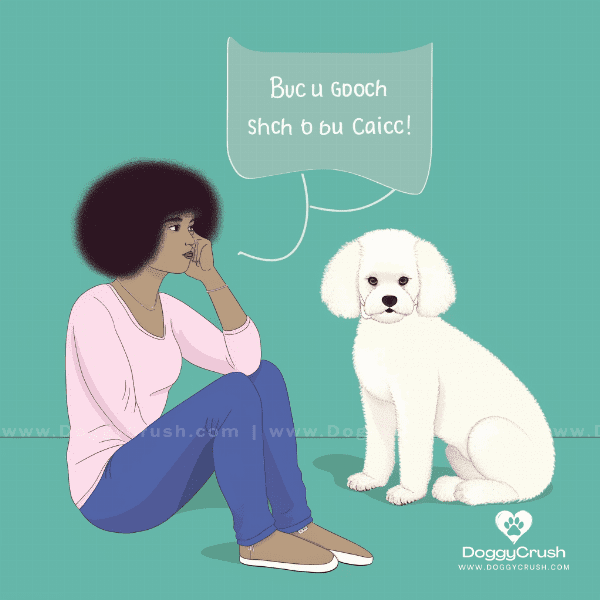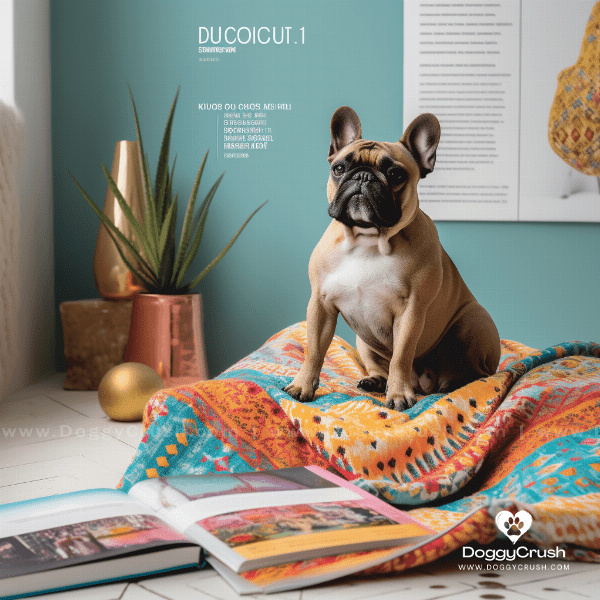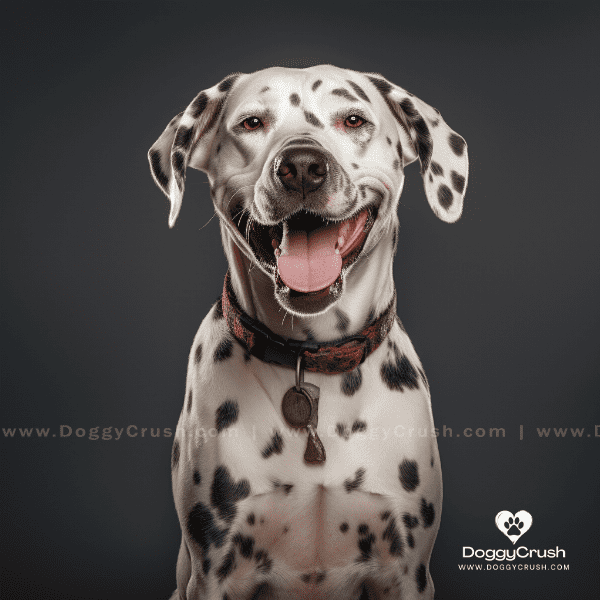Table of Contents
- History of the Bichon Frise Breed
- Physical Characteristics and Grooming Needs
- Temperament and Personality Traits
- Bichon Frise as Family Pets
- Feeding and Nutritional Requirements
- Exercise and Training Tips
- Health Concerns to Watch Out For
- Bichon Frise Rescue and Adoption
- Conclusion: Is a Bichon Frise Right for You?
History of the Bichon Frise Breed
Bichon Frise, a popular toy breed, is a descendant of the Barbet, a medium-sized water dog. The Barbet has been documented in France since the 16th century and was used as a hunting and retrieving dog. The Bichon Frise was bred from the Barbet and other small Mediterranean breeds such as the Maltese and the Havanese.
Early Days of Bichon Frise
The Bichon Frise was first recognized in the 14th century in the Mediterranean area. These small dogs were kept by sailors, who used them as barter items. Over time, the breed made its way to Europe and became popular among the aristocracy. The Bichon Frise was a favorite of King Henry III of France, who is said to have carried his pet everywhere he went.
Decline and Revival of the Breed
The Bichon Frise’s popularity declined after the French Revolution, and the breed nearly became extinct. However, in the early 20th century, the Bichon Frise was rediscovered and began to regain popularity. The breed was officially recognized by the Société Centrale Canine in France in 1933.
Bichon Frise in the United States
The Bichon Frise was introduced to the United States in the 1950s but didn’t become popular until the 1970s. In 1975, the Bichon Frise Club of America was founded, and the breed was recognized by the American Kennel Club in 1973.
Bichon Frise Today
Today, the Bichon Frise is a beloved companion dog worldwide. The breed is known for its affectionate personality, intelligence, and easygoing nature. They are a popular choice for families and are also used as therapy dogs due to their friendly demeanor. The Bichon Frise’s unique coat requires regular grooming, and their small size makes them a great apartment or city dog.
In summary, the Bichon Frise has a rich history that spans centuries. From their humble beginnings as barter items to their popularity among European aristocracy, the breed has come a long way. Thanks to the efforts of dedicated breeders and enthusiasts, the Bichon Frise has survived and thrived. Today, they are cherished by their owners for their adorable looks, friendly personality, and loyal companionship.
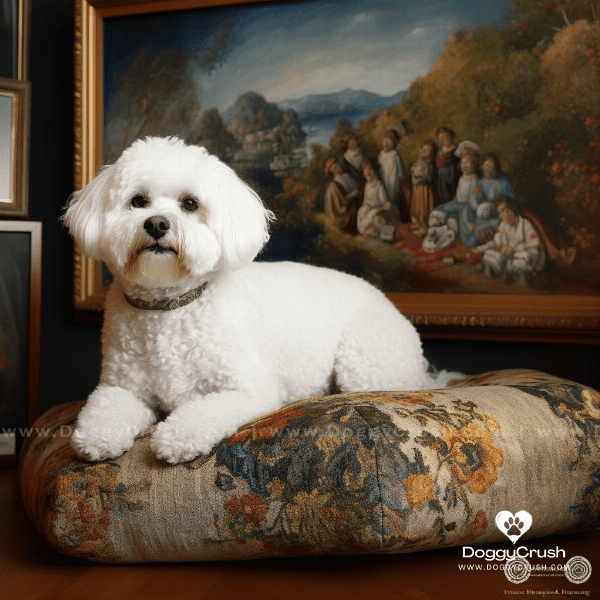
Physical Characteristics and Grooming Needs
The Bichon Frise is a small, sturdy dog that typically weighs between 10 and 18 pounds. They have a distinctive powder-puff appearance, with a dense, curly coat that is hypoallergenic and doesn’t shed much. Here’s what you need to know about the Bichon Frise’s physical characteristics and grooming needs.
Coat and Color
The Bichon Frise’s coat is one of its most distinctive features. The hair is curly and dense, and it grows continuously throughout the dog’s life. The coat is typically white, but it can also be shades of cream, apricot, or gray. The hair is soft to the touch and has a woolly texture.
Size and Build
The Bichon Frise is a small dog that typically stands between 9 and 11 inches tall at the shoulder. They have a compact, sturdy build, with a short neck, straight back, and well-muscled legs. Their head is round and proportionate to their body, with dark, round eyes and floppy ears.
Grooming Needs
The Bichon Frise’s unique coat requires regular grooming to keep it healthy and clean. Daily brushing is necessary to prevent matting and tangling of the hair. They should also be bathed every four to six weeks to keep their coat clean and healthy. Regular grooming is essential to maintaining the Bichon Frise’s hypoallergenic qualities.
Exercise Needs
Despite their small size, the Bichon Frise is an active breed that needs regular exercise to stay healthy and happy. Daily walks and playtime are essential for their physical and mental well-being. They also enjoy participating in obedience and agility training.
.
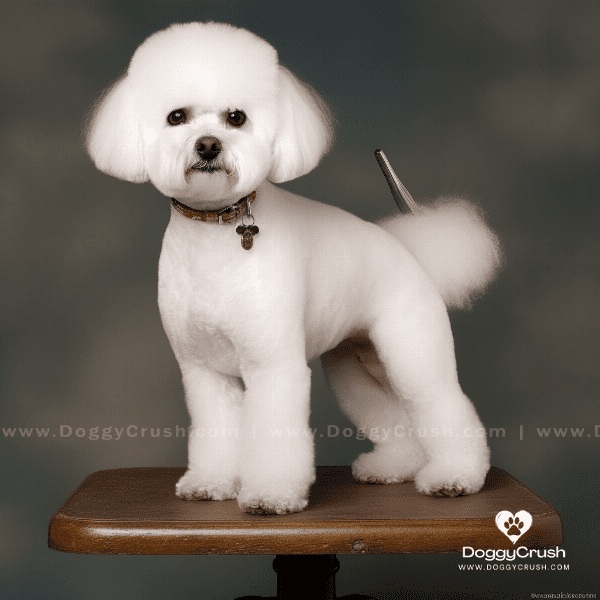
Temperament and Personality Traits
The Bichon Frise is known for its affectionate and playful personality. They are intelligent and easy to train, making them a popular choice for families and individuals alike. Here’s what you need to know about the Bichon Frise’s temperament and personality traits.
Affectionate and Friendly
Bichon Frises are known for their loving and affectionate nature. They thrive on human companionship and love nothing more than spending time with their owners. They are also friendly towards other dogs and people, making them a great choice for families with children or other pets.
Playful and Energetic
Despite their small size, Bichon Frises are an active breed that loves to play and explore. They have plenty of energy and enjoy going for walks, playing fetch, and participating in other physical activities. They also enjoy mental stimulation and benefit from interactive toys and puzzle games.
Intelligent and Trainable
Bichon Frises are intelligent dogs that are easy to train. They are eager to please their owners and respond well to positive reinforcement techniques. They excel in obedience and agility training and can also be trained for other tasks, such as therapy work.
Watchful and Protective
While Bichon Frises are generally friendly towards strangers, they can also be watchful and protective of their owners. They have a strong sense of loyalty and will bark to alert their owners of any potential dangers.
Adaptability
Bichon Frises are adaptable dogs that can thrive in a variety of environments. They do well in apartments or smaller homes and are also comfortable in larger houses with yards. They are also adaptable to different lifestyles and can be great travel companions.
In summary, the Bichon Frise’s personality traits make them a beloved breed among dog owners. They are affectionate, friendly, and playful, with plenty of energy and intelligence. They are also watchful and protective of their owners, and their adaptability makes them a great choice for a variety of lifestyles.
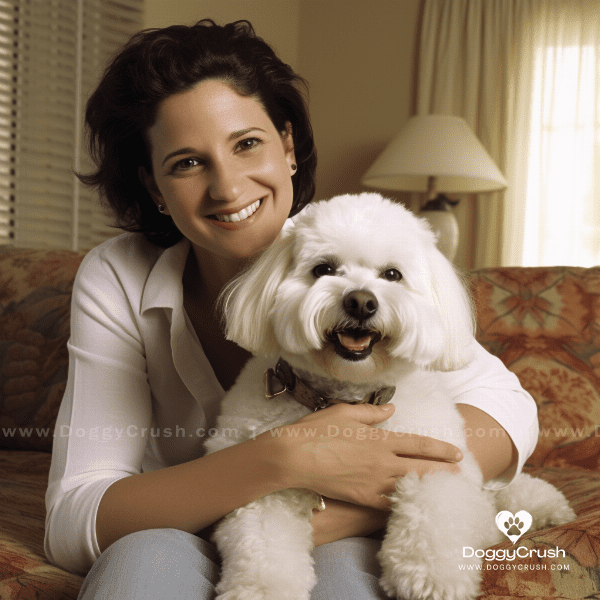
Bichon Frise as Family Pets
The Bichon Frise is an excellent choice for families looking for a small and affectionate companion dog. Their friendly and playful nature makes them a great choice for families with children or other pets. Here are some reasons why the Bichon Frise is an ideal family pet.
Great with Children
Bichon Frises are generally great with children and make loving and loyal companions. They have a playful and energetic nature that kids love, and they are also patient and gentle, making them a safe choice for young children.
Social and Friendly
Bichon Frises are social dogs that love to be around people and other pets. They thrive on companionship and will often follow their owners from room to room. They are also friendly towards strangers, making them a great choice for families who entertain guests regularly.
Low-Shedding and Hypoallergenic
The Bichon Frise’s coat is hypoallergenic and doesn’t shed much, making them an excellent choice for families with allergies. They require regular grooming to keep their coat healthy and clean, but their low-shedding nature makes them a low-maintenance pet in terms of shedding.
Easy to Train
Bichon Frises are intelligent dogs that are easy to train. They respond well to positive reinforcement techniques, and their eagerness to please their owners makes them a quick learner. They also enjoy training and can excel in obedience and agility training.
Loyal and Protective
Bichon Frises are loyal and protective of their owners. They have a strong sense of loyalty and will bark to alert their owners of any potential dangers. They may be small in size, but they make up for it with their big personality and protective nature.
In summary, the Bichon Frise is an ideal family pet for many reasons. They are great with children, social and friendly, low-shedding and hypoallergenic, easy to train, and loyal and protective. Their unique personality traits make them a beloved companion dog among families and individuals alike.
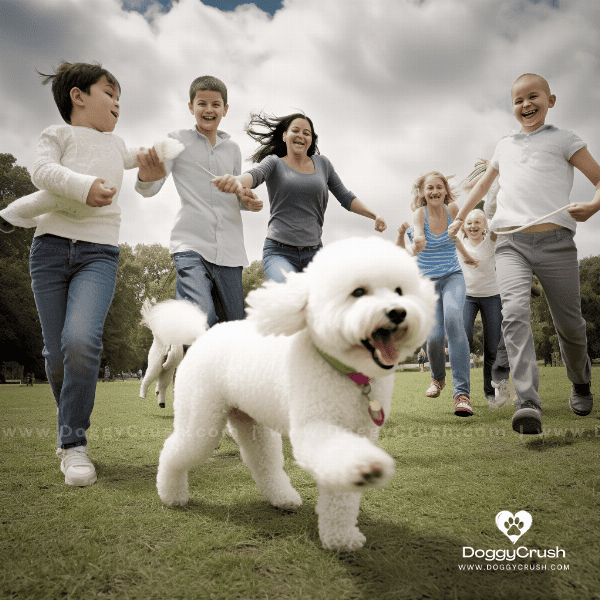
Feeding and Nutritional Requirements
Feeding your Bichon Frise a healthy and balanced diet is essential for their overall health and well-being. Here’s what you need to know about their nutritional requirements.
Recommended Diet
Bichon Frises should be fed a high-quality, balanced diet that is appropriate for their age, activity level, and size. They require a diet that is high in protein and low in fat to maintain their lean body mass. Their diet should also include essential vitamins and minerals, such as calcium and vitamin D, to support their bone health.
Feeding Schedule
Bichon Frises should be fed two to three small meals per day to maintain their energy levels and prevent overeating. Free-feeding, or leaving food out all day, should be avoided, as it can lead to obesity and other health problems. Bichon Frises may also benefit from small treats throughout the day to provide additional nutrition and mental stimulation.
Water Consumption
Providing your Bichon Frise with access to fresh, clean water is essential for their health and well-being. They should have access to water at all times, and their water bowl should be cleaned and refilled daily.
Special Dietary Needs
Some Bichon Frises may have special dietary needs due to health conditions such as allergies or digestive issues. In these cases, it’s important to work with a veterinarian or veterinary nutritionist to develop a diet plan that meets their specific needs.
Weight Management
Bichon Frises are prone to obesity, which can lead to a range of health problems. To prevent obesity, it’s important to monitor their food intake and ensure they are receiving adequate exercise. Regular veterinary checkups can also help detect and prevent weight gain early on.
In summary, feeding your Bichon Frise a healthy and balanced diet is essential for their overall health and well-being. They require a diet that is high in protein and low in fat and should be fed two to three small meals per day. Fresh, clean water should be provided at all times, and special dietary needs should be addressed with the help of a veterinarian or veterinary nutritionist. Monitoring their food intake and providing regular exercise can help prevent obesity and maintain their health.

Exercise and Training Tips
Bichon Frises are an active breed that requires regular exercise and mental stimulation to stay healthy and happy. Here are some exercise and training tips to keep your Bichon Frise in top shape.
Daily Exercise
Bichon Frises require daily exercise to maintain their physical and mental health. A daily walk, playtime in the backyard, or a game of fetch can provide the necessary exercise they need. They also enjoy participating in other activities such as obedience training, agility courses, and dog sports.
Mental Stimulation
In addition to physical exercise, Bichon Frises require mental stimulation to keep their minds sharp. Interactive toys, puzzle games, and training exercises can provide the mental stimulation they need. They also benefit from regular training sessions to keep their minds active and engaged.
Obedience Training
Bichon Frises are intelligent and easy to train, making obedience training a great way to provide mental stimulation and keep them well-behaved. Positive reinforcement techniques, such as treats and praise, work well with this breed. Consistency and patience are key to successful training.
Socialization
Socialization is important for all dogs, and Bichon Frises are no exception. Exposing them to new people, places, and situations can help prevent fear and aggression issues. Socialization can also help your Bichon Frise become a well-adjusted and friendly companion.
Exercise Caution in Extreme Weather
Bichon Frises are sensitive to extreme temperatures, so exercise caution when exercising them in hot or cold weather. They should be kept indoors during extreme weather conditions or provided with protective gear to keep them safe and comfortable.
In summary, regular exercise and mental stimulation are essential for the Bichon Frise’s health and happiness. Daily walks, playtime, and training exercises can provide the necessary physical and mental stimulation they need. Obedience training and socialization can also help prevent behavior issues. Exercise caution in extreme weather conditions to keep them safe and comfortable.
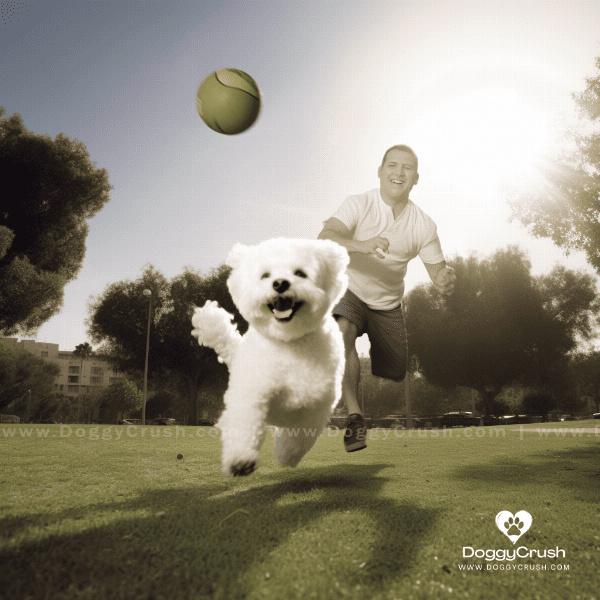
Health Concerns to Watch Out For
While the Bichon Frise is generally a healthy breed, like all dogs, they are prone to certain health issues. Here are some health concerns to watch out for in your Bichon Frise.
Patellar Luxation
Patellar luxation is a common health issue in small dogs, including the Bichon Frise. This condition occurs when the kneecap becomes dislocated, causing pain and difficulty walking. Mild cases can often be managed with medication and physical therapy, while more severe cases may require surgery.
Hip Dysplasia
Hip dysplasia is a genetic condition that affects the hip joint, causing pain and difficulty walking. While it is more commonly associated with larger breeds, Bichon Frises can also develop hip dysplasia. Treatment options vary depending on the severity of the condition, and may include medication, physical therapy, or surgery.
Eye Problems
Bichon Frises are prone to certain eye problems, such as cataracts, glaucoma, and dry eye. Regular veterinary checkups can help detect and treat these conditions early on, before they progress and cause permanent damage.
Allergies
Bichon Frises are prone to allergies, which can cause skin irritation, itching, and discomfort. Allergies can be caused by a variety of factors, including food, environmental allergens, and flea bites. Treatment options vary depending on the cause and severity of the allergy.
Dental Issues
Bichon Frises are also prone to dental issues such as gum disease and tooth decay. Regular dental care, including brushing their teeth and providing dental chews, can help prevent these issues and maintain their dental health.
In summary, while the Bichon Frise is generally a healthy breed, they are prone to certain health issues that require monitoring and treatment. Patellar luxation, hip dysplasia, eye problems, allergies, and dental issues are among the most common health concerns in this breed. Regular veterinary checkups and proper dental care can help prevent and treat these conditions.
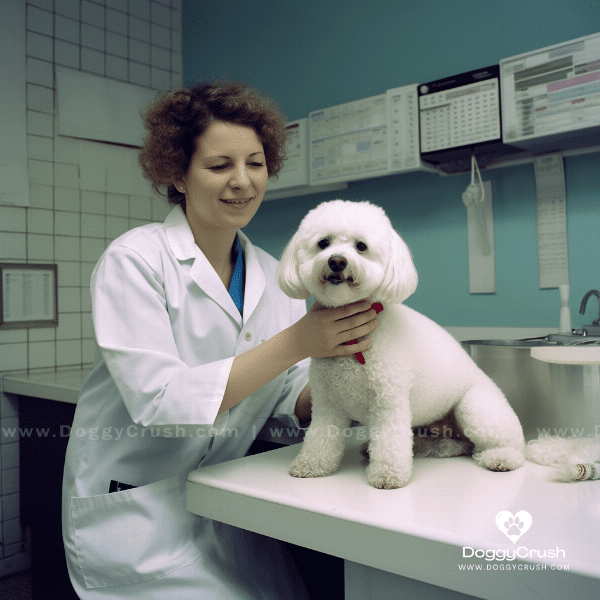
Bichon Frise Rescue and Adoption
If you are considering adding a Bichon Frise to your family, adoption is a great option. Adopting a Bichon Frise from a rescue organization can provide a loving home for a dog in need, while also providing you with a wonderful companion. Here’s what you need to know about Bichon Frise rescue and adoption.
Why Adopt a Bichon Frise?
Adopting a Bichon Frise can provide a loving home for a dog in need while also providing you with a wonderful companion. Many Bichon Frises end up in shelters or rescue organizations due to their owners’ inability to care for them, so adopting a dog can be a rewarding experience for both you and the dog.
Where to Adopt a Bichon Frise?
There are many Bichon Frise rescue organizations across the United States that specialize in finding loving homes for this breed. These organizations often have dogs of all ages, including puppies and senior dogs, and can provide information about the dog’s temperament and health history.
What to Expect from the Adoption Process?
The adoption process for a Bichon Frise can vary depending on the rescue organization. Typically, the process involves an application, home visit, and interview with the potential adopter. Some organizations may also require references and a background check. Once the adoption is approved, there may be an adoption fee to cover the costs of caring for the dog.
What to Consider Before Adopting?
Before adopting a Bichon Frise, it’s important to consider your lifestyle and whether a dog is a good fit for your family. Bichon Frises require daily exercise and regular grooming, and may have specific health concerns that require regular veterinary care. It’s also important to consider the time and financial commitment required to care for a dog.
In summary, adopting a Bichon Frise can provide a loving home for a dog in need while also providing you with a wonderful companion. Bichon Frise rescue organizations can provide information about available dogs and the adoption process. Before adopting, it’s important to consider your lifestyle and whether a dog is a good fit for your family.

Conclusion: Is a Bichon Frise Right for You?
If you’re looking for a small and affectionate companion dog, the Bichon Frise may be the perfect breed for you. They are known for their friendly and playful nature, low-shedding coat, and easy-to-train personality. However, before bringing a Bichon Frise into your home, there are some important factors to consider.
Lifestyle Considerations
Bichon Frises require daily exercise and regular grooming to maintain their health and well-being. They also require regular veterinary checkups to address any health concerns that may arise. Before adopting a Bichon Frise, it’s important to consider whether you have the time and resources to provide them with the care they need.
Temperament and Personality
Bichon Frises are social dogs that love to be around people and other pets. They are generally friendly towards strangers and make excellent family pets. They are also intelligent and easy to train, making them a great choice for first-time dog owners.
Adoption vs. Buying
Adopting a Bichon Frise from a rescue organization can provide a loving home for a dog in need while also providing you with a wonderful companion. However, if you decide to purchase a Bichon Frise from a breeder, it’s important to choose a reputable breeder who prioritizes the health and well-being of their dogs.
In summary, the Bichon Frise is a wonderful breed that can make a great companion for the right family. Consider your lifestyle, the breed’s temperament and personality, potential health concerns, and adoption vs. buying before making your decision. With proper care and attention, a Bichon Frise can bring years of joy and companionship to your life.
